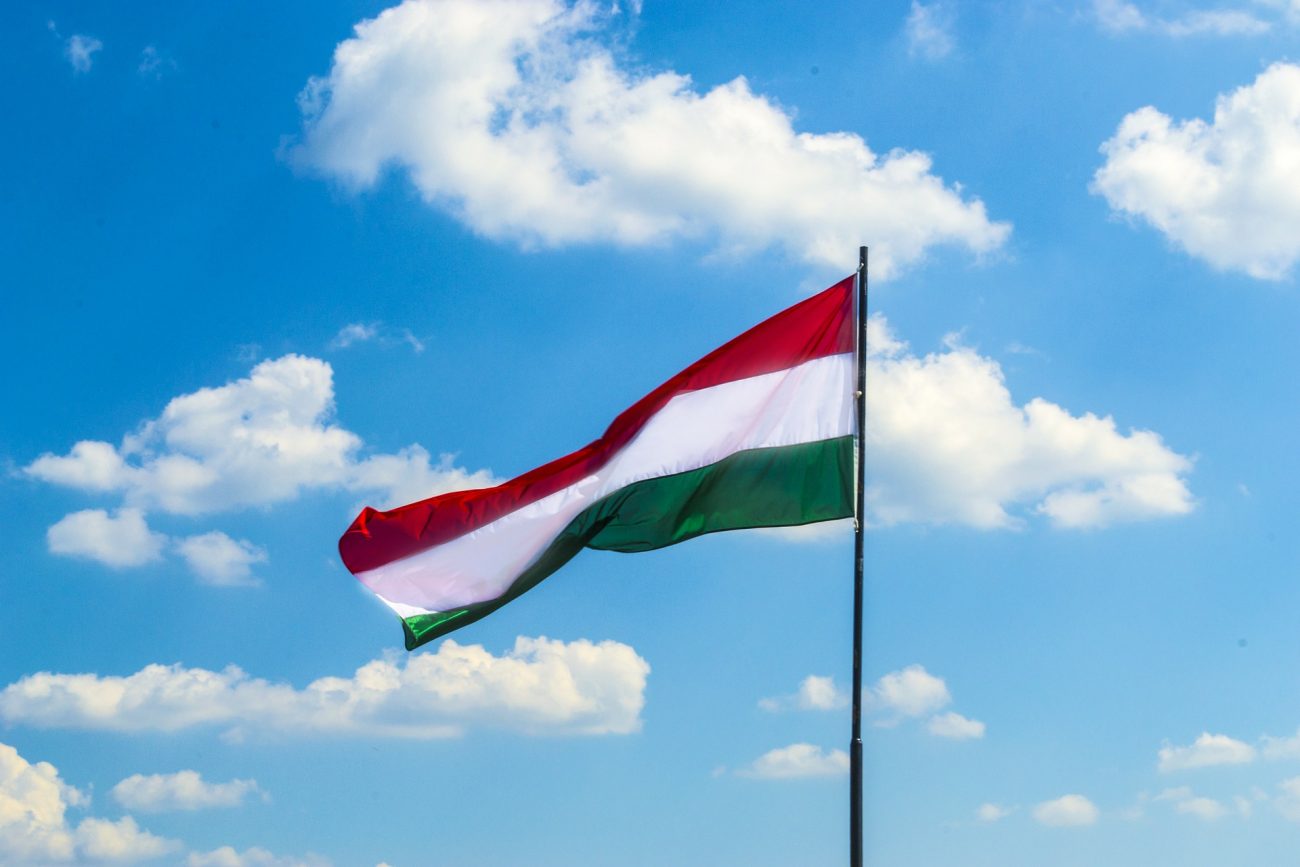Hungary proposes new legislation to open iGaming market

In Eastern European Hungary, parliamentarians are considering new legislation that would abolish the country's existing monopoly on online sports betting and allow an unlimited number of commercial enterprises to apply for iGaming licenses.
According to the source, Hungary has had a regime in place since 2014 that restricts the issuance of iGaming licenses to land-based casino operators, giving the state-owned Szerencsejatek Zrt a monopoly on all online betting. However, the regime was later allegedly found to violate European Union rules on the freedom to provide goods and services after a lawsuit filed by Unibet brand of the well-known Swedish iGaming operator Kindred Group.
Under the new proposals, any iGaming operator headquartered in the European Economic Area, which includes the European Union as well as Norway, Croatia and Iceland, can apply for a license to start offering its services to fans in Hungary as long as it has at least €2.8 million ($3.2 million) in assets. Under the proposed bill, such firms would have to pay €1.7 million ($1.9 million) for certification and provide a minimum guarantee of €706,300 ($807,700).
Hungary has just over 9.7 million people, joined the European Union in 2004, and became a member of the European Economic Area the following year. The bill reportedly does not yet specify the tax rate, but it also prohibits iGaming companies from getting one of the new licenses from the Gaming Supervisory Authority if they were illegally operating in the country after 2012.
The source said the proposed measures would also allow Hungarian iGaming enthusiasts to make online deposits using their bank and credit cards in all casino uden dansk licens if they are linked to an authorized payment service provider. The legislation is currently said to be in a twelve-week "waiting period" after it is submitted to the European Union and involves making the Gambling Supervisory Authority responsible for certifying all authorized games.
Led by controversial Prime Minister Viktor Orban, the Hungarian government reportedly said the new legislation aims to implement a domestic iGaming regime that includes a broader range of protections against problem gambling. The legislation states that all license applicants must additionally submit a "player protection plan" drafted "in accordance with the principles of responsible gaming and player protection."
Reportedly, a section of the proposed legislation reads
"In a liberalized online betting market, several private companies compete with each other, so there is a risk of encouraging excessive gambling instead of maximizing compliance with responsible gaming principles. Therefore, this bill seeks to liberalize remote gambling by emphasizing player protection and introducing guaranteed regulatory elements that will protect players' interests."

